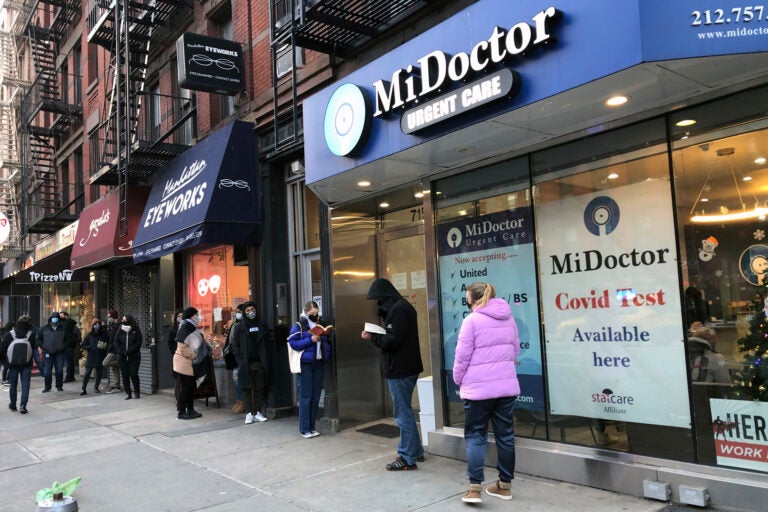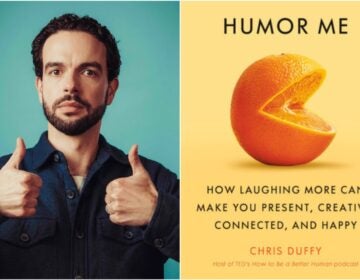Inside the Boom of Urgent Care: How It’s Changing American Medicine
We take a look at the rapid rise of urgent care, what’s fueling it, and how it’s affecting patients
Listen 48:55
Over the past decade or two, the number of urgent care centers in the U.S. have doubled — in part, because they fill a void in the health care market, offering fast and convenient care to patients who would otherwise face long wait times at the ER, and longer wait times to see a primary care physician. (AP Photo/Ted Shaffrey)
The number of urgent care centers in the U.S. has doubled over the past decade, and it isn’t hard to see why — they fill a void in the market. Urgent care offers quick and convenient access to medical care when patients can’t get an appointment to see their primary care doctor, but their issue doesn’t seem to warrant an ER visit. But the rapid rise of urgent care has come with some growing pains — questions over the quality of care, and how they’re affecting doctor-patient relationships.
On this episode, we explore the rise of urgent care. We hear about what draws providers to urgent care, and how they feel about the work; the role of private equity funding; and why some specialty care providers are borrowing from this model.
Also Heard:
- Comedian Aaron Weber talks about his popular bit on urgent care — and what kind of response he got from audience members who work in the industry.
- Urgent care may occupy an important niche in the health care ecosystem, but let’s be honest — it isn’t the sexiest job. So what makes physicians and other providers decide to work in urgent care? Pulse reporter Liz Tung talked with some of them to find out.
- We usually think of urgent care centers as handling minor issues like cuts, scrapes, and colds — but recently, some centers have been springing up that cater to specialized needs. Pulse producer Nichole Currie explores the emergence of urgent care centers for cancer patients.
- Mayo Clinic neurologist Joseph Servin explains what urgent cares reveal about our fragmented health care system, and why it can be a bad thing when they become neurology patients’ first stop.
Segments from this episode
WHYY is your source for fact-based, in-depth journalism and information. As a nonprofit organization, we rely on financial support from readers like you. Please give today.






